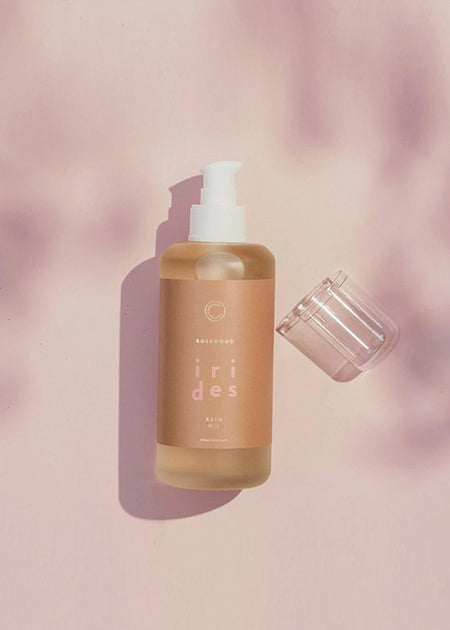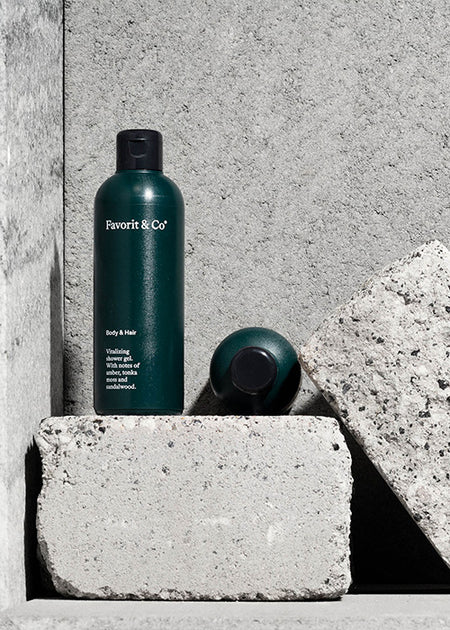October 12 2020
The Top 10 Questions People Ask About Vegan Diets
All vegans know the main questions that come from family members, friends and sometimes strangers when we say that we eat a vegan diet. They are valid questions and we thought they needed straight answers. It's important to find a right balance, get all of the right nutrients in, manage to meet our daily needs.
Although following a plant based diet seems much harder than it is, it still requires a bit more attention. The reason is, eating meat and dairy makes it easy to get different a massive variety of nutrients in one place, whereas getting energy from plant based sources means it is necessary to include a lot more of variety into your diet.
If you're in Switzerland and you want to shop vegan foods and supplements, head to our food section
'Food is not just calories, it is information It talks to your DNA and tells it what to do. The most powerful tool to change your health, environment and entire world is your fork.'
Dr. Mark Hyman
We use this simple method to visualise what we need and what we (ideally) aim at having on our plate : 1/2 vegetables and/or fruits, 1/4 grains and 1/4 plant based protein. Added to that, adding some healthy fats sources to provide omega 3s, B12 and Vitamin D supplements to keep our levels up and meet our nutritional target. It's also important to note that vegan meals should be bigger than the usual non vegan plate. Vegan foods are naturally less nutrient and calorie dense so if you're eating a lot in the beginning, you're on the right path.
1. Where do you get your protein?
Protein Intake
The daily intake recommendation is of 0.8 grams per 1 kg body weight. This means you should to multiply your weight times 0.8 and aim for this amount. This is just an average and depends on your physical conditions, activity, if you’re pregnant, etc. Truth is, protein is easier to overload on than to really lack of since it is present in most foods, (even in lettuce). We do make sure we're getting all amino acids but we don't focus that much on counting protein. Intuitive eating is our motto, we eat more legumes, nuts and tofu when we feel we need more.
Protein Type

2. Do you eat enough fats?
3. What if I'm already low in iron?
- Heme, found in animal product, more easily absorbed by the body
- Non-heme, which is found in plant based sources, less easily absorbed

4. How do you get calcium without dairy?
5. Are you B12 deficient?
Our ancestors used to get B12 from the earth (literally dirt), but in our highly sanitized food system, they're now only available in specific foods like algae or mushrooms. It's still very difficult if not impossible for plant based eaters to get enough B12 through food. For our health we usually supplement with B12 year round. Liquid forms of B12 work best. Since our bodies store this vitamin, so the longer you have been following a plant based diet, the more chance you have of lacking it. Before supplementing, it is important to get your level tested as everyone is different and it is common that our body do not absorb B12 correctly.
6. Do you get enough Vitamin D ? (nobody really asks this)
To get it through our diet, the best is to eat foods fortified with the vitamin. Otherwise, you can get it through tofu or mushrooms, but usually the best if you don’t live in a very sunny place is to supplement.








2 comments
JaRvdYBpVXoln
qVvRbYajUtrHZP